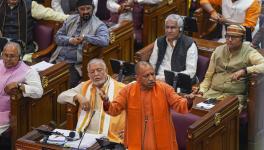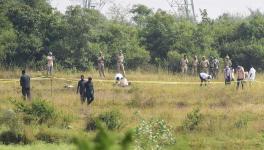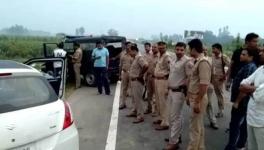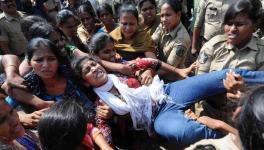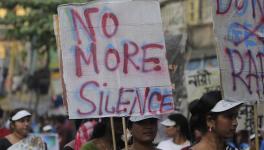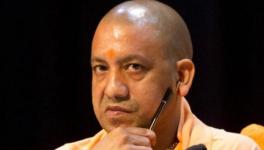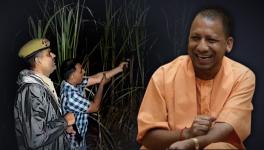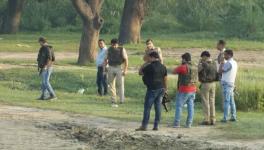Government Chooses to Stay Quiet as the Number of “Fake Encounters” Keeps Increasing in Manipur
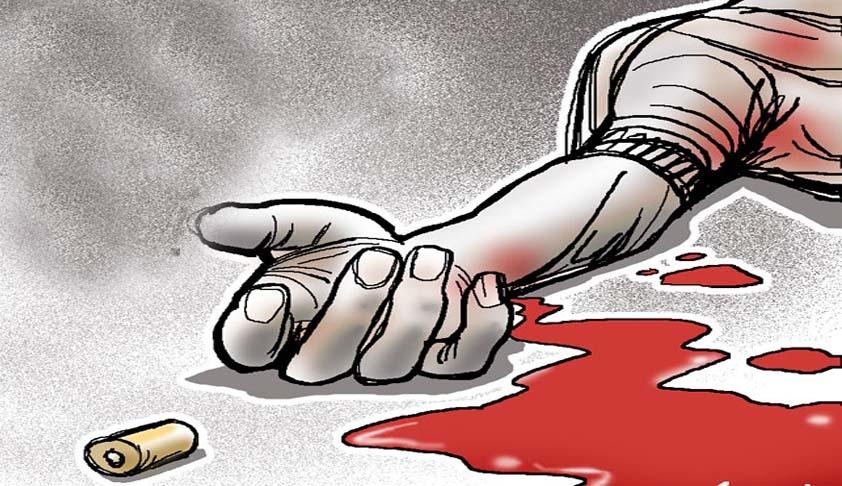
Manipur, like most of the insurgency hit states, has witnessed numerous cases of innocents being killed in “fake encounters”. Two UN rights experts, Ms Agnes Callamard, Special Rapporteur on extrajudicial, summary or arbitrary executions and Mr Michel Forst, Special Rapporteur on the situation of human rights defenders, have urged Indian authorities to conduct thorough investigations into the alleged killings by security forces in the State of Manipur, after officials failed to meet a deadline set by the Supreme Court for inquiries into the cases. “The Supreme Court has since set three deadlines for investigations into a number of cases to be completed, and three times these deadlines have not been met,” the experts said.
“We are extremely concerned that the delay appears to be deliberate, undue and unreasonable, and we condemn this lack of progress,” they added.
Also Read: PUCL Versus Encounter Killings in Uttar Pradesh
The Indian Ministry of Home Affairs claims in its most recent report on Northeast India that there were 3867 incidents in Manipur between 2007 and 2015, in which 1205 “extremists” and 486 “civilians” were killed. According to the National Crime Records Bureau (NCRB), there were no encounter deaths in India in 2014 and only two in 2013. Thounaojam Herojit Singh – a police officer from Manipur –had made a statement to the media in 2009, in which he said that he was ordered by his superiors to kill Sanjit Meitei, an unarmed man suspected of being a “militant.” Meitei and a pregnant woman, Thokchom Rabina, were both killed in the incident, one of many such extra-judicial killings in Manipur over the past decades. These killings caused great public outrage at the time, and are currently the subject of a formal investigation. However, Herojit Singh’s statement indicates the lack of accountability for the large numbers of “fake encounter” deaths in Manipur. In a case where 10 perished in a single encounter in November 2000, families of those deceased had alleged that the 10 were killed by members of the 8th Battalion of the Assam Rifles. Judges at the high court and sessions court had agreed with the discoveries of the district court, that “there was no firing or cross firing” and that all ten were killed “by the personnel of Assam Rifles without any reason,” Which means that the high court had said that this was a fake encounter. It even awarded compensation to the 10 families of the victims. Yet no action against perpetrators in the Assam rifles was taken.
In 2012, the Extra Judicial Execution Victim Families Association had submitted a petition to the Supreme Court, alleging that there were 1,528 extra-judicial killings in Manipur between 1979 and 2012, but action had not been taken against the personnel involved. In many of these cases the police have claimed that the killings happened as a result of armed conflict between police forces and militants, however families of the deceased alleged that these were cases of fake encounters.
Also Read: Bhopal Jailbreak: MP Probe Panel Gives A Clean Chit to Police, Says SIMI Encounter was Justified
In 2013, the Supreme Court appointed a commission that examined six cases selected at random and discovered that in all these cases, conclusions of the security forces were false, and that none of the individuals killed had criminal records. In July 2016, the two judge bench of Justice Madan B. Lokur and Justice U.U. Lalit passed a historic order reiterated the already laid down jurisprudence that the “use of excessive or retaliatory force” by the armed forces is not permissible and requires investigation.
The Central Bureau of Investigations (CBI) was ordered by the apex body to conduct investigations into a number of other cases. In 2016, the Supreme Court had given the bureau time until 31 December, 2017 for investigations to be completed in 89 cases. But, by this time, only 12 cases had been registered. The court had set another deadline of 28 February 2018 for these cases, but even by as late as 12 March just 42 cases had been registered. Finally, the Supreme Court ordered investigations be completed and a report be filed by 30 June 2018 for 50 cases. But in a hearing on 2nd July 2018, the CBI failed to submit the requisite report and also said that it could manage to complete investigations of just four cases.
The UN experts expressed concern that the court orders referred to only a few of the cases, the investigations of which has not yet been completed, while the actual number was much larger.
They have written to the Government of India expressing their concerns and requesting further information, however they have not received any response. The condition of human rights in insurgency hit states such as Manipur are so severe that they have come under international scrutiny, the supreme court itself has guided the State to take affirmative action to look into the situation, however the Government is yet to have done so.
Get the latest reports & analysis with people's perspective on Protests, movements & deep analytical videos, discussions of the current affairs in your Telegram app. Subscribe to NewsClick's Telegram channel & get Real-Time updates on stories, as they get published on our website.











